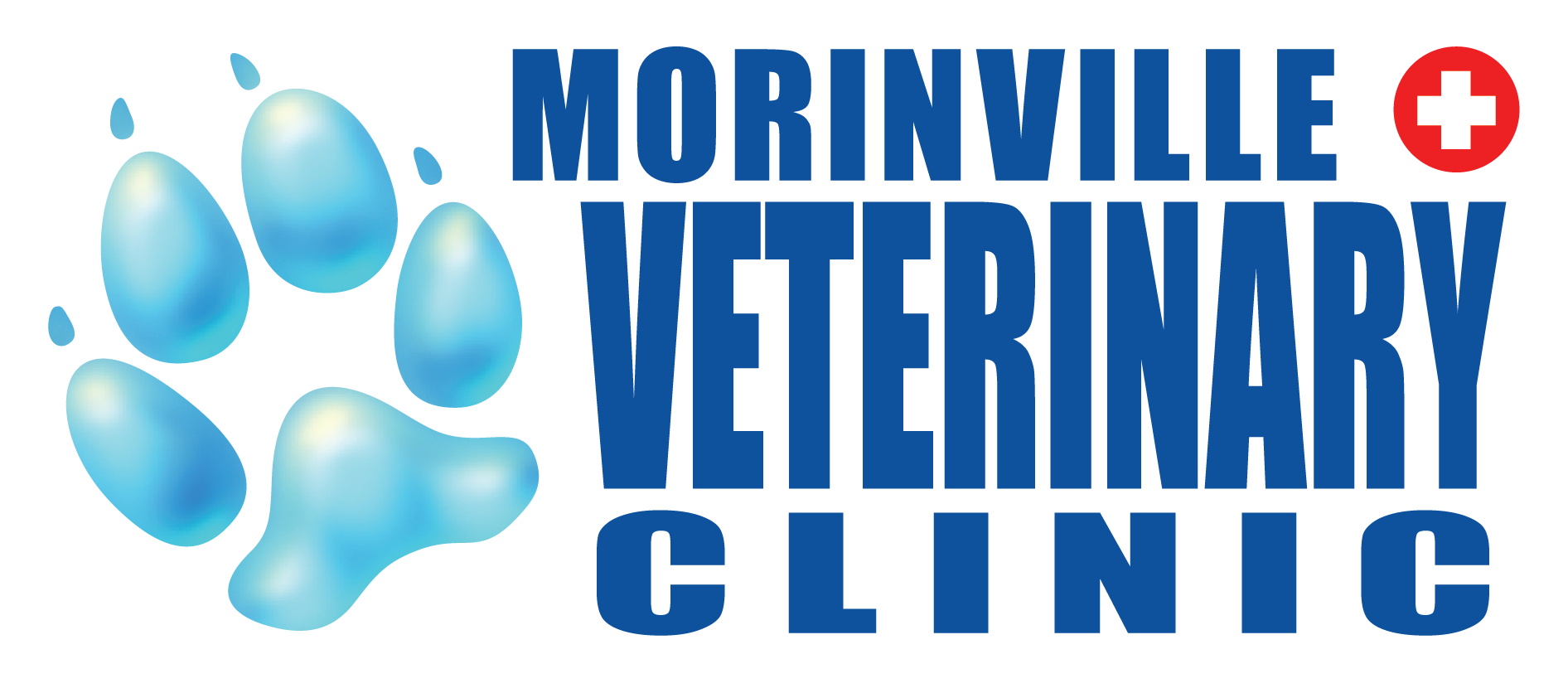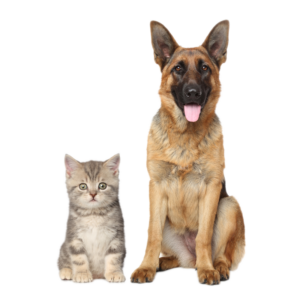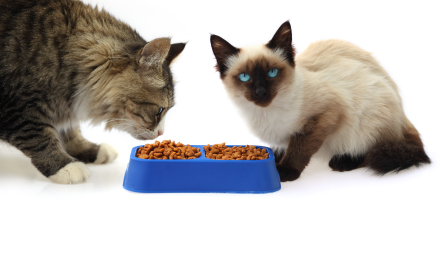Before I became a veterinary technician I found it hard to believe that a bag of dog food for $55.00 could be that much better than one for $25.00 after all “It’s all just dog food” right?
I now know how inaccurate that statement is.
Dogs and cats have specific dietary needs just like we do but they can’t choose what they eat. They depend on us to put a balanced, safe, healthy diet into their bowls every day. That is one of our jobs as pet owners. So what is the difference between a “Veterinary Approved Diet” and a diet sold in a grocery store? There are 4 main differences: quality of ingredients, fixed formulas, research and health-specific formulas.
Higher quality ingredients – actual beef not just beef flavour: The difference between a hot dog and a steak! Calorically dense so you don’t have to feed as many grams or cups per day so the bag of food will last longer which helps offset the increased cost.
These foods are healthier for the dog or cat and may help to prevent health issues later on and make those few extra dollars a month well worth it.
Fixed formulas
Some pet food companies will switch ingredients between batches based on market availability. The percent protein will be the same but the source of that protein may change if pork or beef suddenly increase in price. Veterinary approved diets don’t do this, they have strict quality controls that ensures each batch is exactly the same.
This help prevent an animal suddenly having an allergic reaction or aversion to a food they’ve eaten, without incident, in the past.
Feeding Trials
Companies like Hill’s and Royal Canin conduct rigorous double-masked, randomized, controlled clinical trials to make sure that their diets do what they claim to. These companies also have excellent guarantees on their food (check with your clinic to find out their policy on returns).
Specific Health Needs
Veterinary approved diets are designed for different health requirements such as kidney disease, joint issues, urinary tract disorders and even age-related cognitive issues. Like us, dogs and cats have different needs based on their genetics (breed), activity level and age.
As pet owners we play a huge role in our furry friend’s nutrition. We are very lucky to have many choices for our pets and it is our job to feed them the best food we can afford.
Talk to your veterinarian or a technician at your clinic about the foods they carry and why they have chosen to support and promote a particular product line. They will be happy to give you any information you need and recommend a diet that is right for your pet.
Written by Morinville Veterinary Clinic




